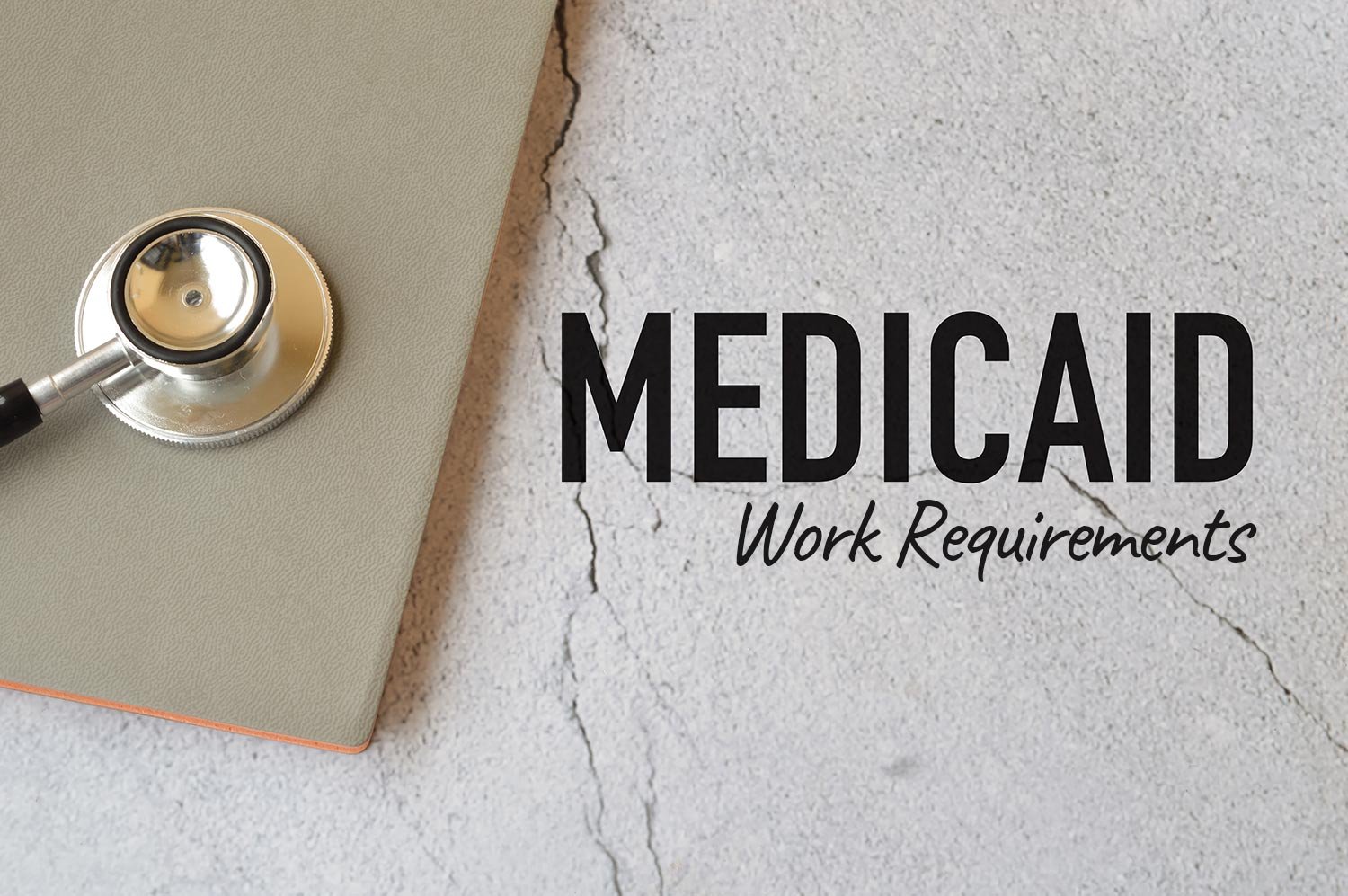
Former President Trump made it very clear during his presidency that he supported Medicaid work requirements. Indeed, the former Administrator for Centers for Medicare & Medicaid Services (CMS), Seema Verma, under Trump’s administration, issued policy memoranda on how states could submit Section 1115 waivers in search of work requirement approval.
Thereafter, several states submitted such waivers, including Arkansas, Arizona, Iowa, Indiana, New Hampshire, Kentucky, Kansas, Maine, North Carolina, Mississippi, Ohio, Utah, Oklahoma, and Wisconsin. Kentucky was the first to attempt to implement such work requirements. Under that waiver program, each Medicaid recipient would be required to work, look for work, or participate in volunteer work for 80 hours each month. If the requirement wasn’t met, Medicaid coverage would be lost for 6 months. There were several exceptions to the rule, such as for pregnant women, full-time students, primary caregivers to dependents, the elderly, and the disabled.
However, days before the new work requirements were to become effective, a federal judge blocked the new rule. Similar litigation ensued in other states. Kentucky re-drafted their waiver application, and it was once again approved. During the litigation process, however, a different governor was elected and Kentucky subsequently rescinded the waiver.
Arkansas was the first state to actually implement such work requirement policy. They had their program in place for about a year before a federal judge halted it. A study conducted on the year-length program found that the work requirements did not increase employment and those that lost Medicaid coverage had adverse consequences, such as resulting medical debt and delayed medical care.
So, what is the current state of Medicaid work requirements? The Supreme Court of the United States had granted certiorari in Cochran v. Gresham; arguments were to commence on March 29. However, earlier this month, the Court removed the case from their docket. The current-acting CMS Administrator, Elizabeth Richter, sent letters to various states indicating that CMS was beginning a process of determining whether to withdraw the Section 1115 waivers seeking Medicaid work requirements, as the agency no longer believes work requirements supports the overall objectives of the Medicaid program. Because no states currently have Medicaid work requirements and President Biden’s administration and CMS both do not support work requirements, the Supreme Court has considered the case moot. For now, work requirements are a non-issue and the Supreme Court has declined to move the case forward.



